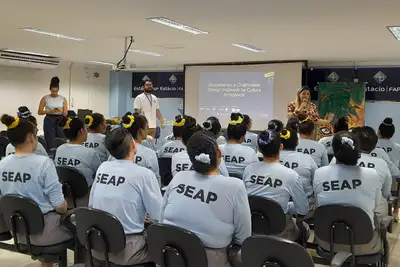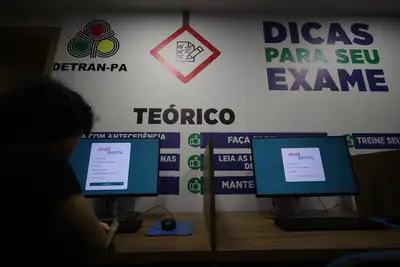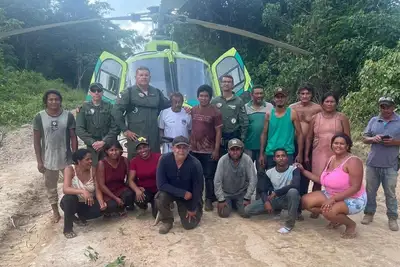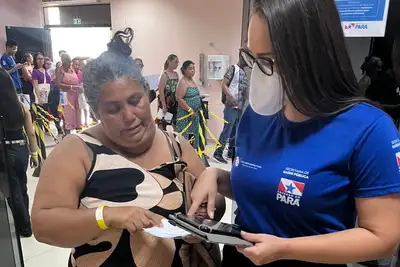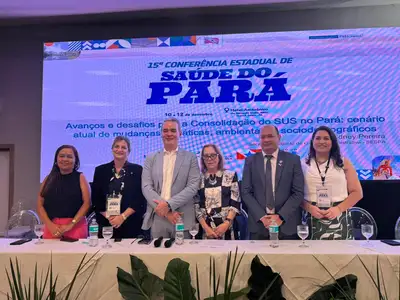State Council for Rural Development analyzes the impacts of taxation on Pará's fruit farming
Council members also addressed, in the Ordinary Meeting, the application of land acquisition legislation for the national agrarian reform program
The analysis of the potential impact on Pará's fruit farming due to the increase in the export tariff imposed by the United States government and the land acquisition for agrarian reform were among the topics discussed at the 7th Ordinary Meeting of the State Council for Sustainable Rural Development (CEDRS), held at the auditorium of the State Secretariat for Agricultural Development and Fisheries (Sedap) this Thursday (21). The event was organized by the State Secretariat for Family Agriculture (Seaf), bringing together representatives from more than 30 institutions that are part of the Council, both in person and virtually.
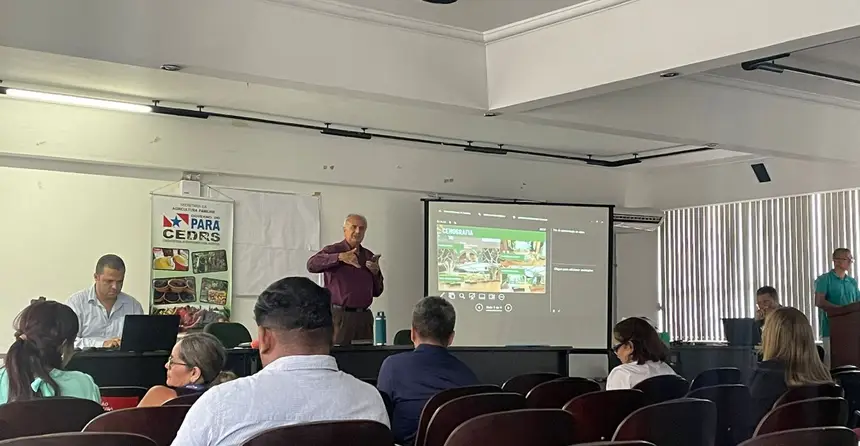
In addition to the analysis, participants reviewed the minutes of the 6th Ordinary Meeting, held on June 10 of this year, including the calendar, mobilization, and engagement for the Territorial Conferences and the State Conference on Sustainable and Solidary Rural Development in 2025, which precedes the 3rd National Conference, approval of the Internal Regulations of the State Conference on Sustainable and Solidary Rural Development in Pará, and the application in the State of the land acquisition legislation for the National Agrarian Reform Program (PNRA), regulated by Normative Instruction Incra No. 147, dated December 30, 2024, for the settlement of families in the Pará territory.
Process - The director of Productive Organization and Traditional Communities of Seaf, Anderson Serra, explained that there are two areas – one in Marabá (Fazenda Itacaiúnas, with 10 thousand hectares) and another in Pacajá (Fazenda Belam, with 2.5 thousand hectares) – that are in the process of being acquired by the Union (through the National Institute of Colonization and Agrarian Reform – Incra) for the creation of settlements.
“This is a legal process, under discussion with the landowners, and we need to have a review and approval from the Council to continue the process,” he explained.
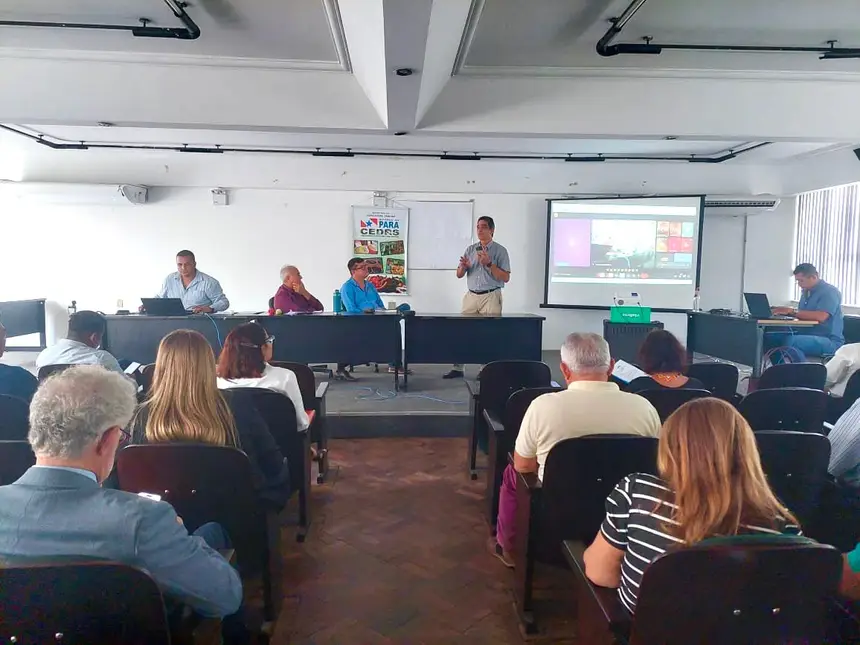
Fruit Farming - The impacts on the fruit farming segment from the tariffs imposed by President Donald Trump were analyzed by agronomist Geraldo Tavares, manager of Fruit Farming at Sedap. The goal was to present reliable indicators about the economy, specifically in the agricultural sector. According to the manager, “there are many speculations and information being passed without technical basis and without reliable indicators. We aim to position our fruit farming in the context of the tariff increase, the crops most affected by this and others not so much.”
He presented the effects generated by the taxation on açaí, which is part of Pará's export agenda. “Initially, this export may be absorbed by the local market. Those companies that deal only with export will be affected and will certainly have to redirect their market to the Brazilian one or other markets worldwide,” he noted.
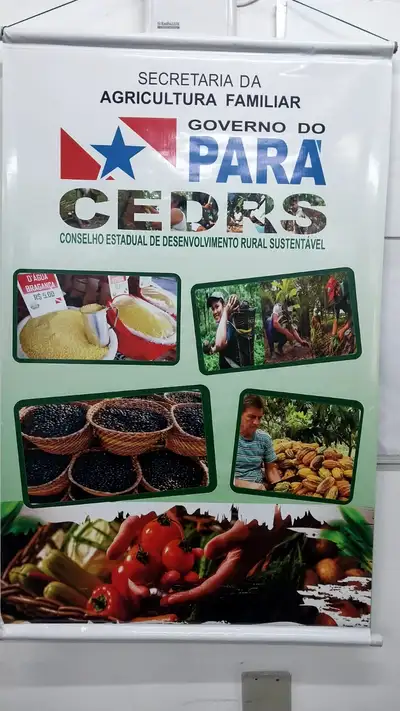
Last year, Pará exported 13.45 thousand tons of açaí, with 44.90% going to the United States and 11.30% to Australia, according to data from the Ministry of Agriculture and Livestock (Mapa)/Agrostat and Comex Stat (official platform for free extraction of Brazilian foreign trade statistics for goods).
During the meeting, the manager also presented data on other crops, such as orange (juice), Brazil nuts (with shell have no taxation and without shell pay 50%), pineapple, and cocoa.
House of Agriculture - The Secretary of State for Family Agriculture, Cássio Pereira, presented the parallel event that will be held by the institution during COP 30, in the Agrizone area, which will be installed at the headquarters of the Brazilian Agricultural Research Corporation (Embrapa) Eastern Amazon.
In this space, the manager informed, a house of family agriculture and traditional populations will be established, where an international forum on family agriculture will be held, with discussions on sustainability and challenges to food production in the face of climatic conditions. A gastronomy center will also operate in the space.


